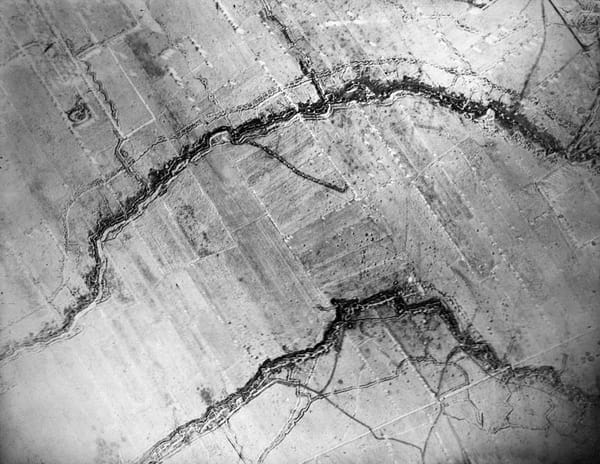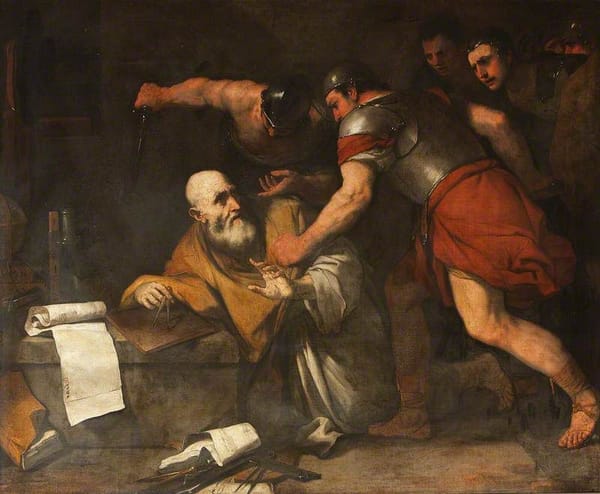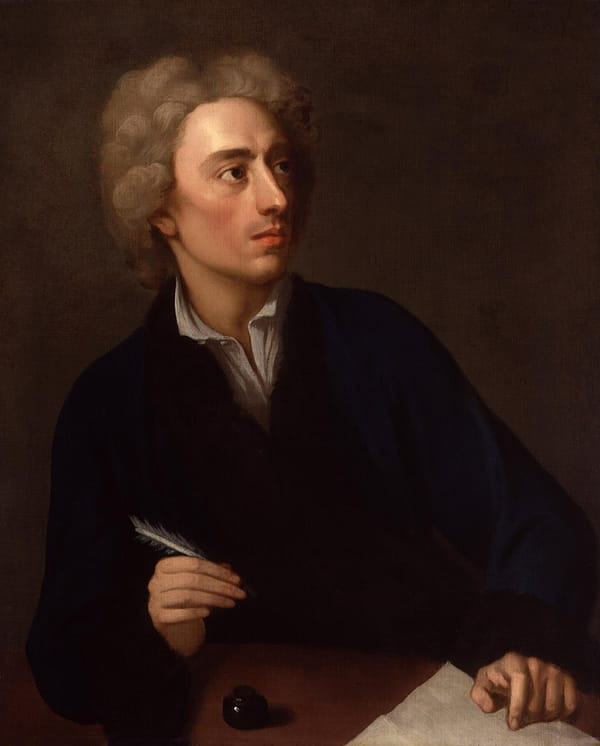Medieval History Timeline
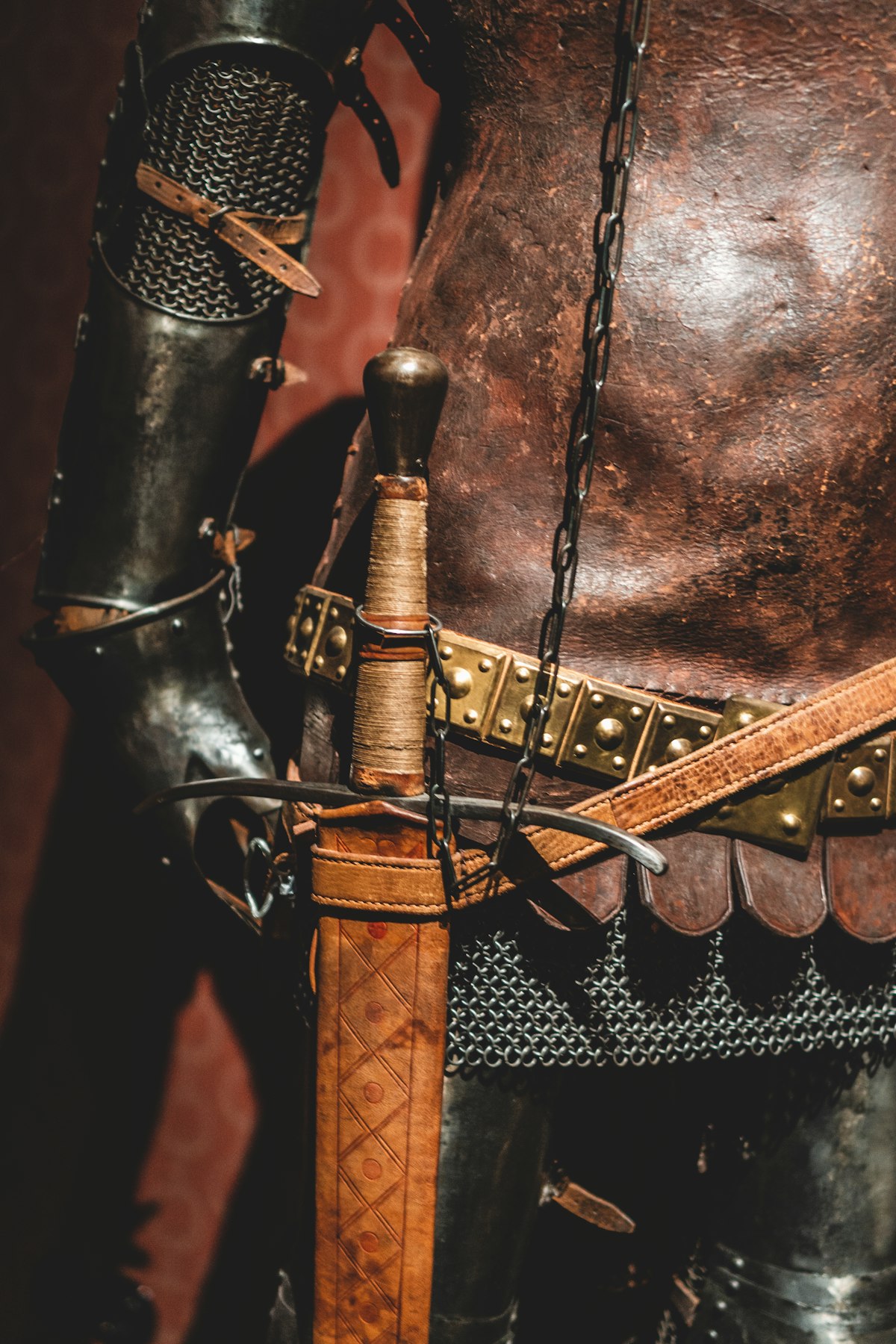
This is a timeline of medieval history events, from 324 AD to the Renaissance period.
324 AD: Constantine I becomes Emperor. He wins two decisive battles against Licinius, the last remaining emperor of the Tetrarchy, which solidifies him as the Emperor of the Roman Empire. In the Battle of Adrianople, Constantine fought Licinius and defeated him, winning the city of Thrace from the opponent, who ran away with his remaining forces. In the battle of Chrysopolis, Constantine fought Licinius again, defeating him and then being made Emperor.
455 AD: In this year, Valentinian III, emperor of the Western Roman Empire, is murdered and replaced by Maximus. The people stone Maximus to death and then flee the city because of the news of the Vandals, who later sack Rome. They are led by Genseric, their king, who promises to Pope Leo I not to burn the city. Instead, they sack it for two weeks and then leave. Avitus is made Emperor of the Western Roman Empire.
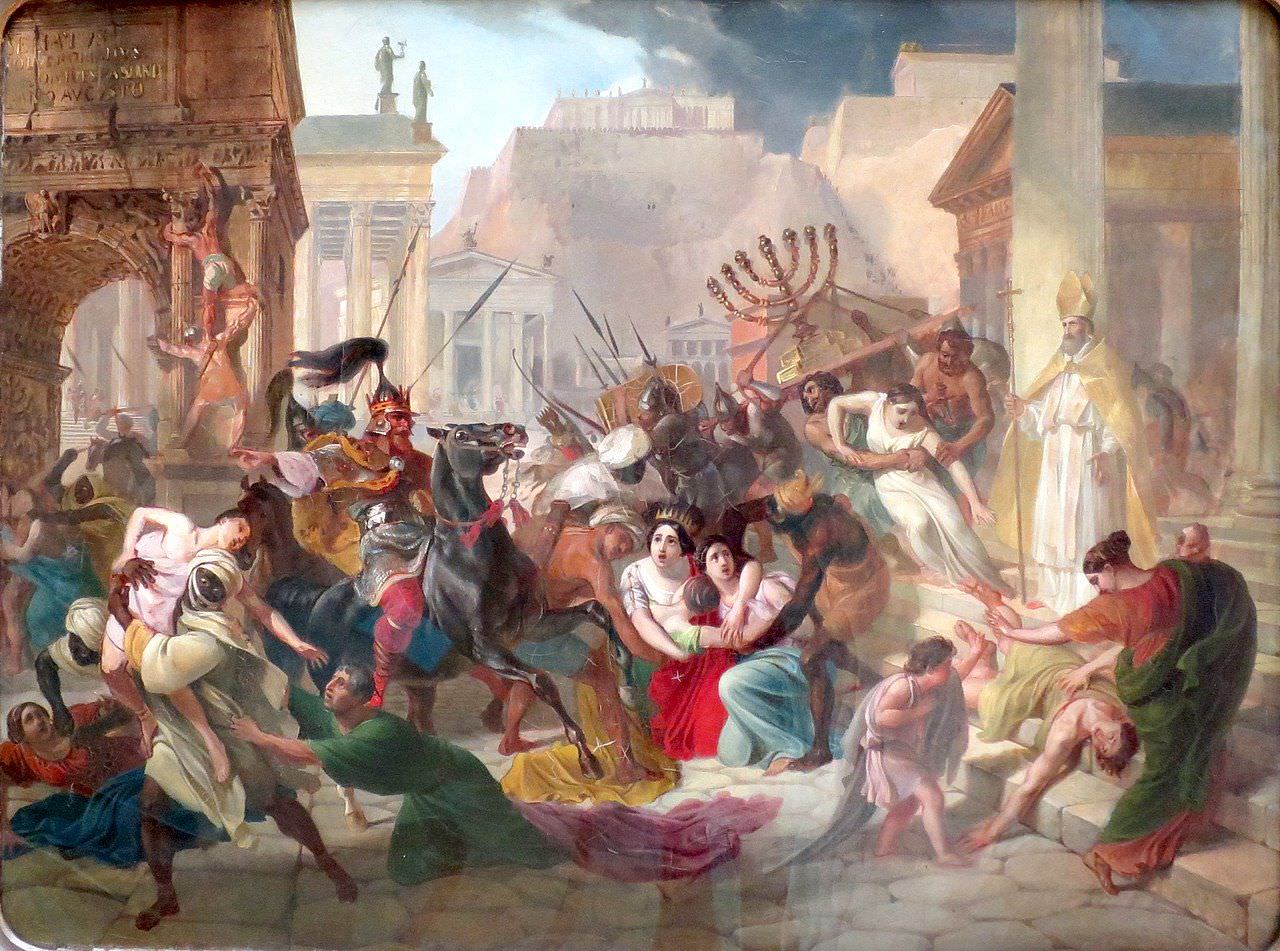
481: King Childeric I of the Franks dies at Tournai, his son Clovis I becomes king of the Franks; he becomes the first Christian ruler of the Franks. In this year, the Goths defeat the Bulgars at Thrace, but cannot continue on their campaign and are forced to retreat. In Persia, the Armenians revolt against Persian rule and manage to get religious freedom.
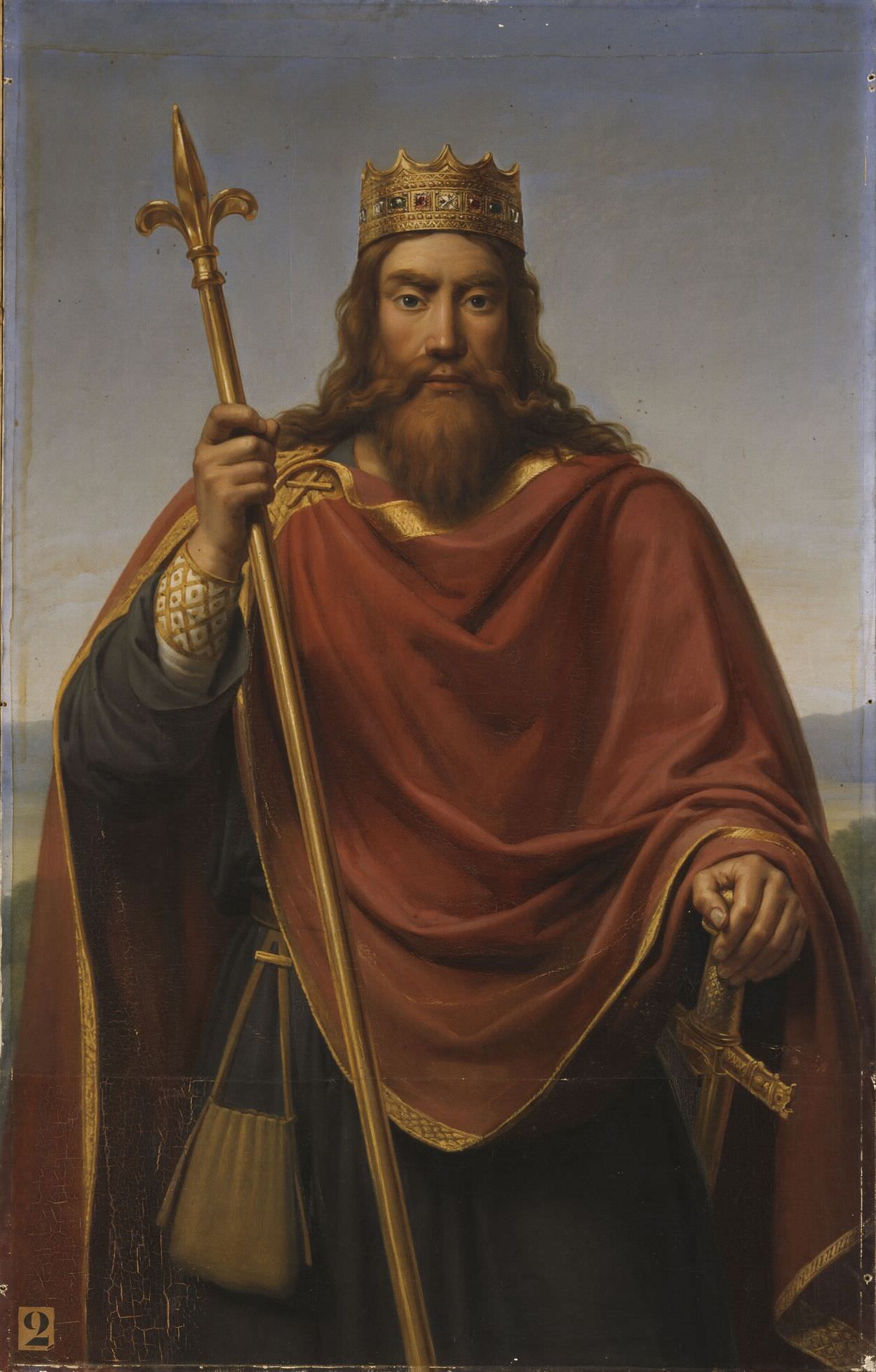
570: Muhammed, an Islamic prophet, is born in Mecca. His father dies a few months after his birth, so he is raised by his mother and grandfather. Muhammed is important because he founds a new religion, called Islam, that will become the religion of millions of people.
732: The Muslims from Al-Andalus (today Andalusia in Spain) advance into Western Europe, they conquer much territory from the French, including Bordeaux, which they ransacked. The rampaging Muslims were finally stopped by Charles Martel, the Frank king, who drives them back and defeats the Muslims at the battle of Tours.
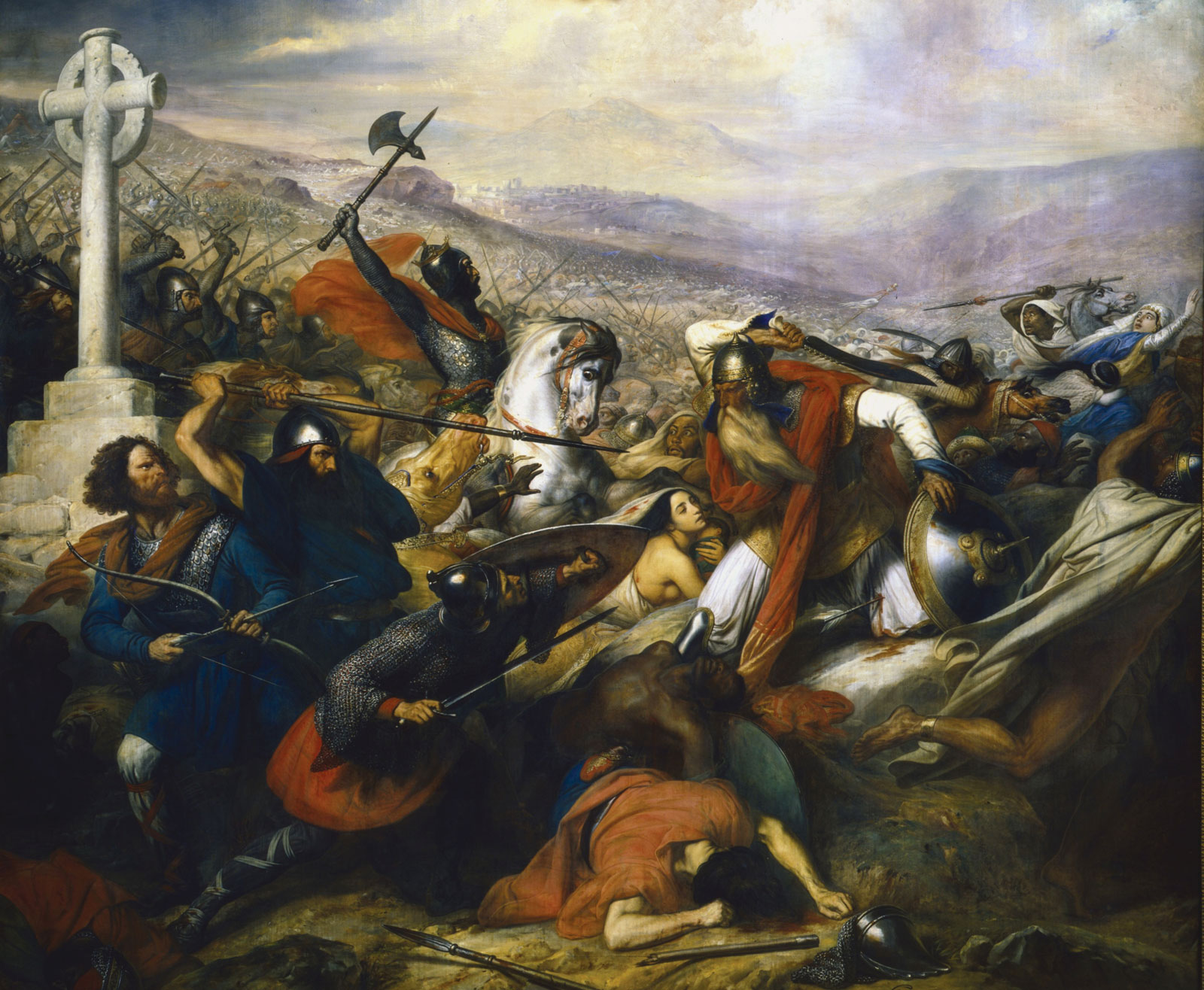
800: Charlemagne is crowned King of the Holy Roman Empire after his father, Pepin The Short, died. He was crowned by Pope Leo III and, after becoming Emperor, Christianizes most of the Franks. In this year, the Rus' Khaganate (later Ukraine) is founded by the Rus', who are descendants of the Norse.
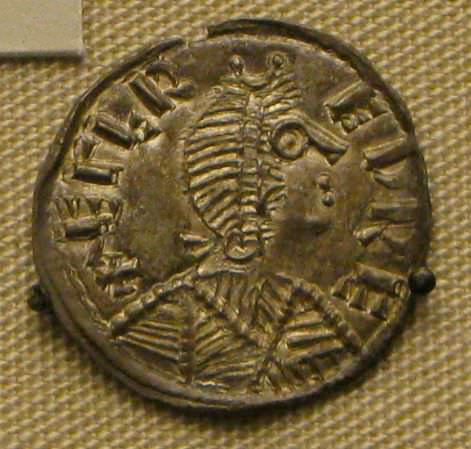
896: Alfred the Great, King of England, routs Danish invaders and then orders a fleet of warships to be built to defend against the vikings. King Arnulf of Carinthia invades Italy, crowning himself Holy Roman Emperor. Italy is later reconquered by King Lambert II. The Bulgars defeat the Magyars; The First Bulgarian Empire defeats the Byzantine Empire at the battle of Boulgarophygon.
988: The Rus' are Christianized when their king, Grand Prince Vladimir the Great, becomes a Christian when he marries Anna Porphyrogenita, the daughter of Byzantine Emperor Romanos II. The Mezhyhirskyi Monastery is founded by Bishop Michael I of Kiev. Charles, Duke of Lower Lorraine, rebels against the king, Hugh Capet, and defeats him.
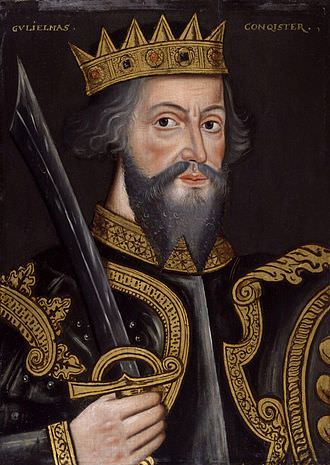
1066: William I (the Norman King) assembles a fleet of 700 warships and attacks the English. He wins the Battle of Hastings against Harold II and becomes the King of England. Magnus II becomes the king of Norway when his father dies and unites Western and Northern Norway. Genoa attacks Pisa because they are jealous of their former allies' accomplishments.
1096: Peter The Hermit starts preaching the First Crusade. He manages to get 20,000 people to follow him and starts the People's Crusade. Members of the People's Crusade slaughter Jews on their way to Constantinople, where they commit a shocking amount of thefts and then leave. Next, they attack the Seljuk Turks at the battle of Civetot in Anatolia but are defeated.

1206: Temüjin, a Mongol tribal leader, assembles a council of Mongol chiefs and then is proclaimed Genghis Khan, or "universal ruler". He starts earning the loyalty of the chiefs and uniting them to become a nation. The Bulgarians defeat the Latin Empire of Byzantium in Rusion, Thrace after the Crusaders of the Latin Empire pillaged Bulgarian territories. King Valdemar II attacks the island of Saaremaa in Estonia, defeating the natives and building a fort there, but burning it down after no men are found to defend it.
1337: The Hundred-Year War starts between England and France when King Edward III of England formally rejects Philip VI's claim to the French throne after Philip confiscates Gascony from the English. Edward the Black Prince (the eldest son of Edward III) becomes the first English Duke. Edward III's campaign in Scotland ends when he defeats the Scots and captures Stirling Castle.


